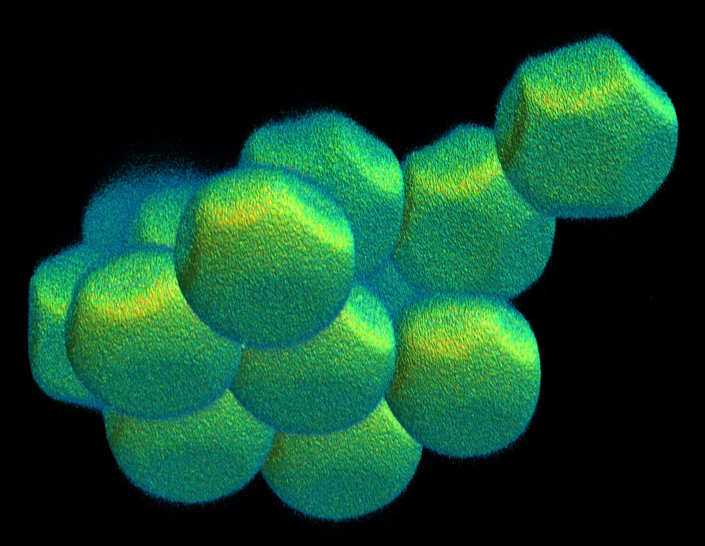Devices for advanced tissue engineering
PhD Projects for Materials & Devices for Life Sciences

Project Summary
While significant advances have been achieved in the 3D printing of nonbiological materials, there is still considerable room for improvement in the 3D printing of soft biological tissues. We have developed a superior 3D droplet-printer for the construction of soft synthetic and living tissues for biomedical applications. The printer offers high resolution patterning and reproducibility and therefore produces living tissues with superior properties to conventional organoids. We have also developed microfluidic techniques for the rapid production of less structured materials. We seek to advance our existing 3D printing and microfluidic techniques and produce enhanced devices that are capable of making tissues of greater complexity with improved precision, increased resolution, and greater speed.
Advisors
- Dr James Clarke (Senior Director of Product Science, EIT)
- Dr Linna Zhou (Group Leader, EIT)
- Professor Hagan Bayley (Principal Scientist, EIT & Professor of Chemical Biology, University of Oxford)
Skills Recommended
- A 4-year undergraduate degree (or equivalent) in a relevant scientific discipline (e.g., Chemistry, Physics, Biochemistry, Engineering).
- Research experience with skills in laboratory techniques and data analysis, ideally in areas such as device engineering/ control software, inorganic/materials chemistry.
- Strong self-motivation and enthusiasm for research in a dynamic and evolving field.
- Clear and effective communication skills, written and verbal, with an interest in working across disciplines.
University DPhil Courses
- DPhil from the University of Oxford
Relevant Literature
- Villar, G., Graham, A.D. and Bayley, H. A tissue-like printed material. Science 340, 48-52 (2013).
- Zhou, L., Wolfes, A.C., Li, Y., Chen, D.C.W., Ko, H., Szele, F.G. and Bayley, H. Lipid bilayer supported 3D printing of human cerebral cortex cells reveals developmental interactions. Advanced Materials 32, e2002183 (2020).